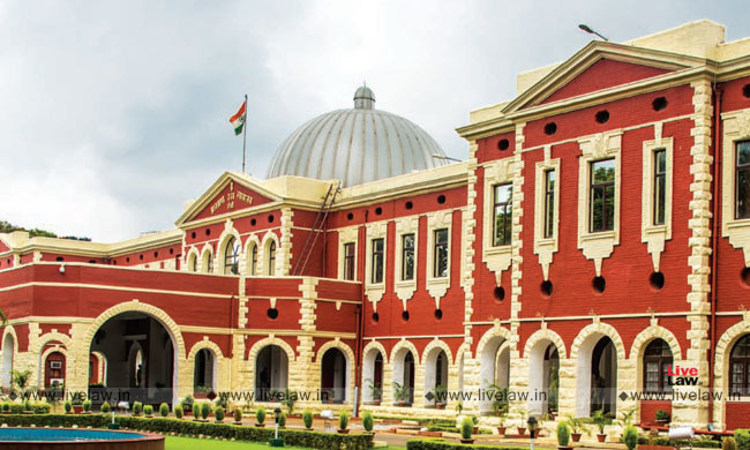Jharkhand High Court Upholds ₹60K Fine Imposed On State Govt For Providing Late Info Under RTI Act
Rashmi Bagri
10 Feb 2022 7:18 PM IST

Next Story
10 Feb 2022 7:18 PM IST
While elucidating the distinction between Public Information Officer and Public Authority, Jharkhand High Court has upheld the fine of INR 60,000 imposed by the State Information Commissioner on the concerned department of the State government for not providing the information in time. Stating that the Public Information Officer has to obtain the required information from the custody of...
